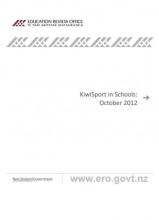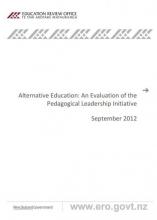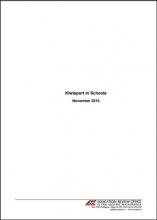Communities of Learning Kāhui Ako - Collaboration to Improve Learner Outcomes
This publication is designed to support Communities of Learning | Kāhui Ako by bringing together research findings about effective collaboration in education communities. It is supported by the publication Communities of Learning | Kāhui Ako: working towards collaborative practice.














